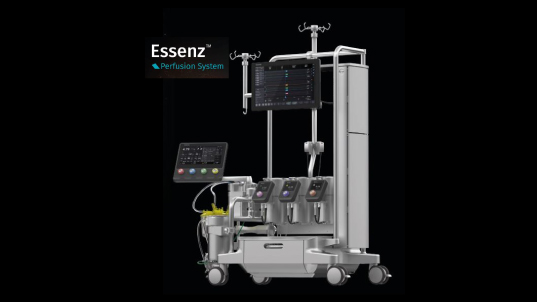Studies into the mechanisms of cardiopulmonary bypass-associated acute lung injury have not presented breakthroughs for many years, resulting in the stagnation of management strategies and clinical medicine measures. This is a key factor affecting the prognoses of open-heart surgery patients. Future studies should focus on key targets of inflammation, such as neutrophils, macrophages, and the glycocalyx cell coat, and further explore advanced technologies, such as gene editing and single-cell sequencing, to reveal the underlying mechanisms of cardiopulmonary bypass-associated acute lung injury and to find effective prevention and treatment strategies.
We use cookies to provide you with the best possible user experience. By continuing to use our site, you agree to their use. Learn more

